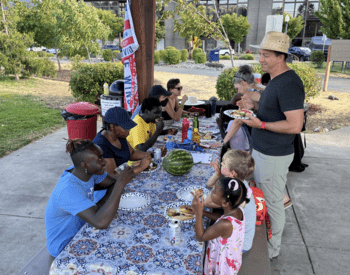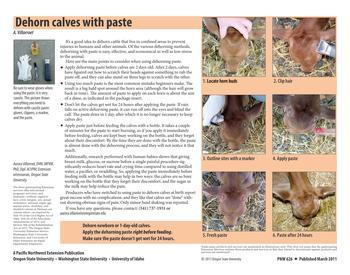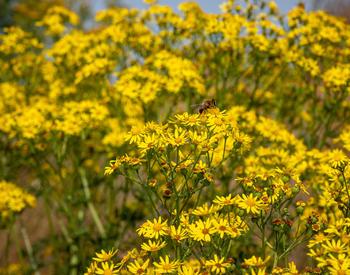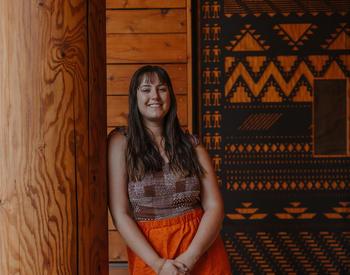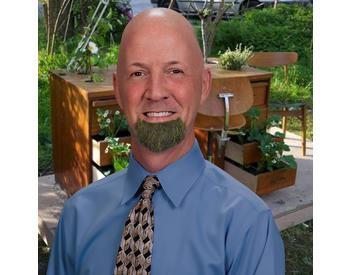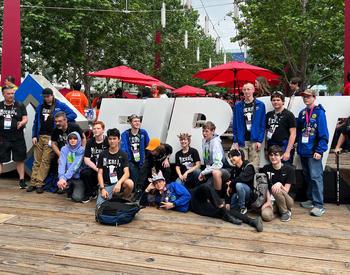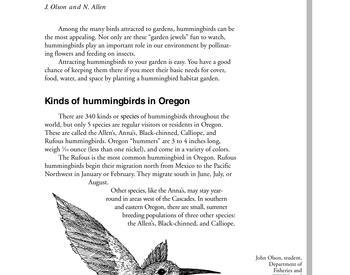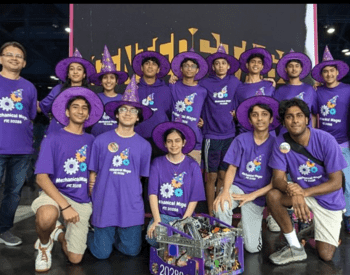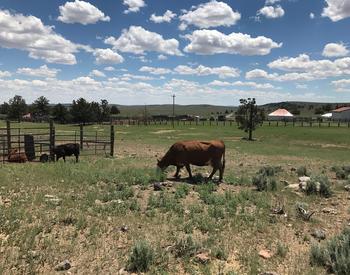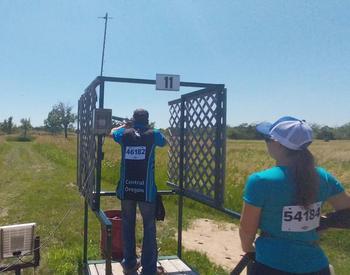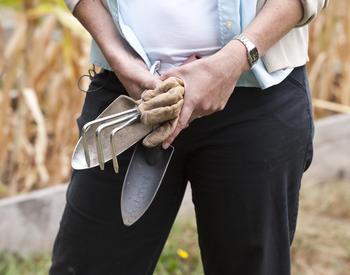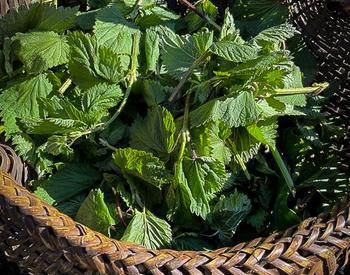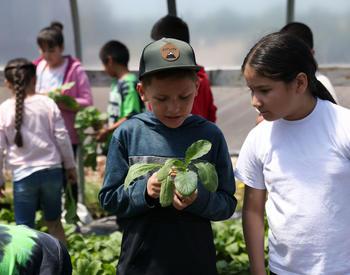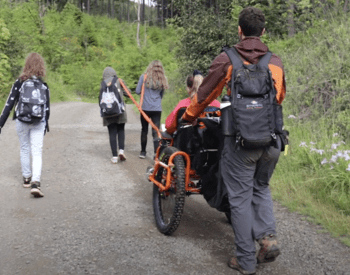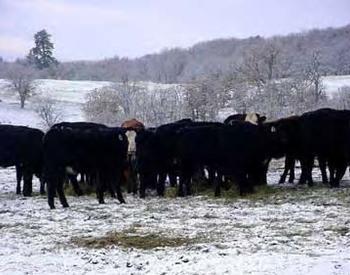Transcript
Hi everybody, Dr. Kristen here again, this time recording from my home. So today, we are going to talk about milk...again because I can't get enough of milk.
Milk is one of the oldest, most natural, and complex fluids in our lives. It naturally has proteins, sugars, fats, vitamins, and minerals. One of the interesting facts about it is that about 4 years ago, some archaeologists dug up some really old pottery, about 3,000 years old to be exact. They found remnants of burnt cheese at the bottom of these pots. So that is some evidence that dairy has been in our lives for a really long time.
Can you think of any dairy products in your life? What's your favorite? Milk has been used in a variety of ways to make different dairy products that we enjoy and love in our lives today. Like ice cream, cottage cheese, cream cheese, cheese in general. There are a lot of different kinds of cheese, there's soft cheese, hard cheese. Butter, can't forget butter. Now I'm thinking about ice cream. Yogurt, how can I forget about yogurt. I can go on and on. Dairy is used for a lot of different reasons.
So one of the different components in milk, milk proteins, is what we are going to talk about today and what we are going to use in our science experiment. We are going to use all of the materials in the Spark Kit to do this experiment. I suggest finding a place that you don't mind getting messy. Maybe in the kitchen that is easy to clean up and find your favorite grown-up to help you out.
So milk proteins are pretty interesting. Naturally, milk proteins are very much in an ordered and folded formation. 80% of the milk protein that we eat and we drink are called caseins. It is a very special milk protein.
Alright, can't wait to see you guys start this activity. You can either follow along in this video or use the written instructions in the Spark Kit.
Milk is the world's most complex, natural, and oldest fluid. Learn about caseins, a major protein in cow milk.
Materials needed to complete the activity: Powdered or Fluid Milk, Measuring cup, Microwaveable bowl, Vinegar, Measuring spoon, Spoon, Coffee filter, Cup, Paper towels, Markers

